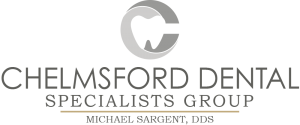Request Your Dental Exam
"*" indicates required fields
Dental Exams Chelmsford
Proudly serving Chelmsford and surrounding towns.
It is not uncommon to be anxious when you are visiting the dentist for the first time for an initial dental exam in Chelmsford. It is often helpful to have a complete understanding of the process before you go in for your appointment so that you know exactly what to expect. The main goal of the initial oral examination is for your dentist to gain an understanding of the current state of your teeth, mouth and gums.
The Goals of an Initial Dental Exam
- Check for signs of tooth decay
- Look for the presence of periodontal disease
- Check for symptoms of oral cancer
Initial Oral Exam
A dental assistant will be taking digital x-rays of your mouth and teeth. Although a visual inspection may reveal problems, some diseases, like bone infections and cavities, can be concealed under your gum line. X-rays are very helpful in providing early detection of a wide range of dental problems. And early detection stacks the odds in your favor for favorable outcomes.
At some point during your initial exam, you will meet with your dentist to go over your medical history. This is a good time to share any questions or concerns that you may have about your oral health. You will receive a thorough examination of your mouth, teeth and gums. Your dentist will look over your x-rays to check for signs of cavities, plaque, and any other oral concerns.
In addition, your throat, neck, and head will be checked, as well as your tongue, for signs of swelling and indications of serious diseases like oral cancer.
Dental Cleaning
A dental cleaning is also commonly performed in conjunction with an initial oral examination. This helps to remove any plaque or tartar found on your teeth.
Plaque is a sticky substance that forms on and around the teeth. Over time, it can harden into tartar that requires professional treatment. The danger of plaque is that it forms an acidic environment in your mouth that damages tooth enamel, leading to tooth decay and periodontal disease.
Both tooth decay and periodontal disease should be ideally prevented, but when they are detected early, the best outcomes are more likely. The danger of these conditions is that they could damage gum tissue and bone, causing teeth to loosen and fall out.
So during your dental cleaning, your dental hygienist will be focused on removing any plaque or tartar for the prevention of periodontal disease. Together with regularly brushing and flossing at home, a dental cleaning gives you your best chance to prevent tooth decay and periodontal disease.
Follow-up Appointments
Now that you have received a dental cleaning, you should go ahead and schedule a follow-up appointment at regular, recommended intervals. This ensures that plaque and tartar cannot accumulate on your teeth.
If any issues were detected during your initial oral examination, treatment may be recommended and scheduled for a later date.






